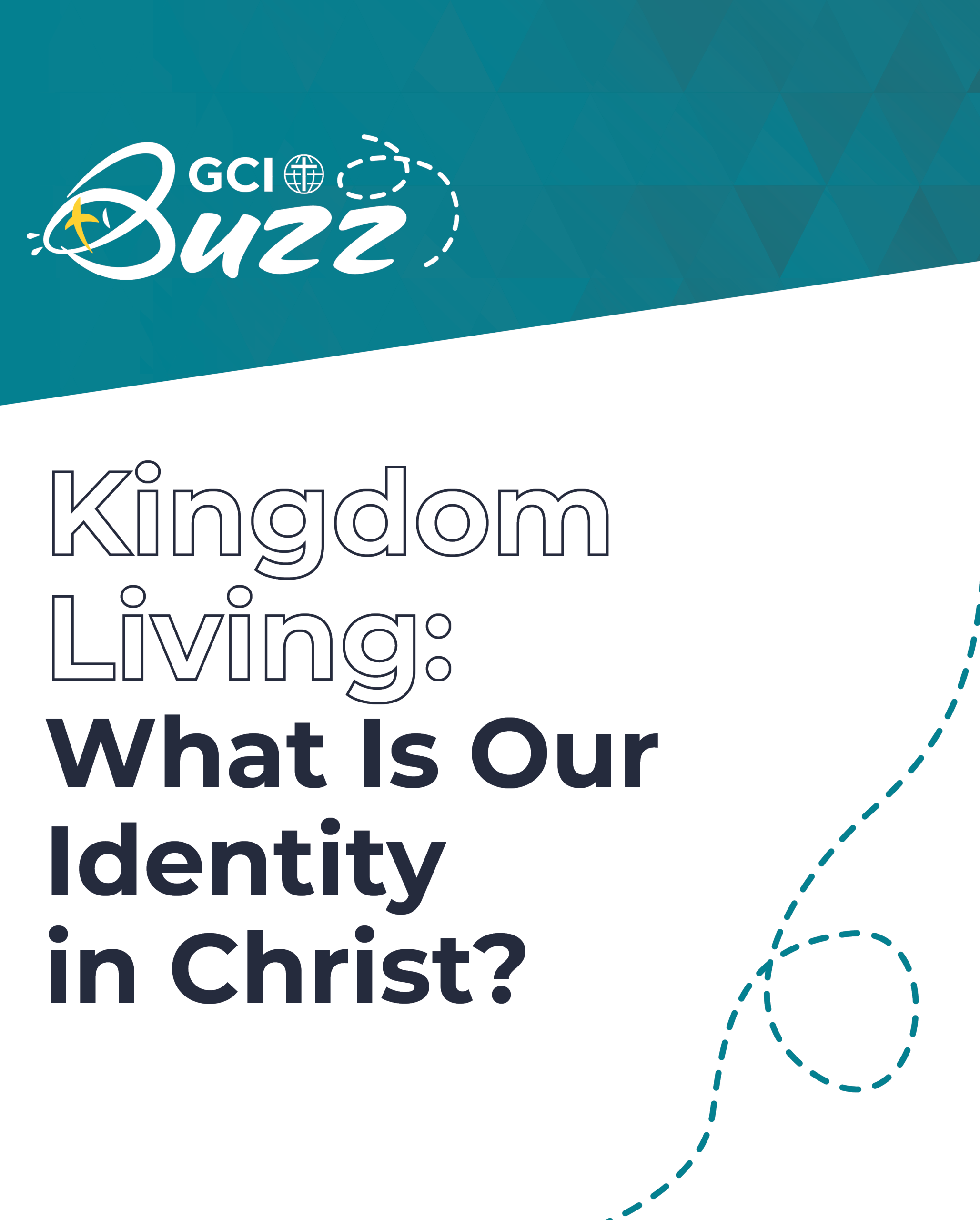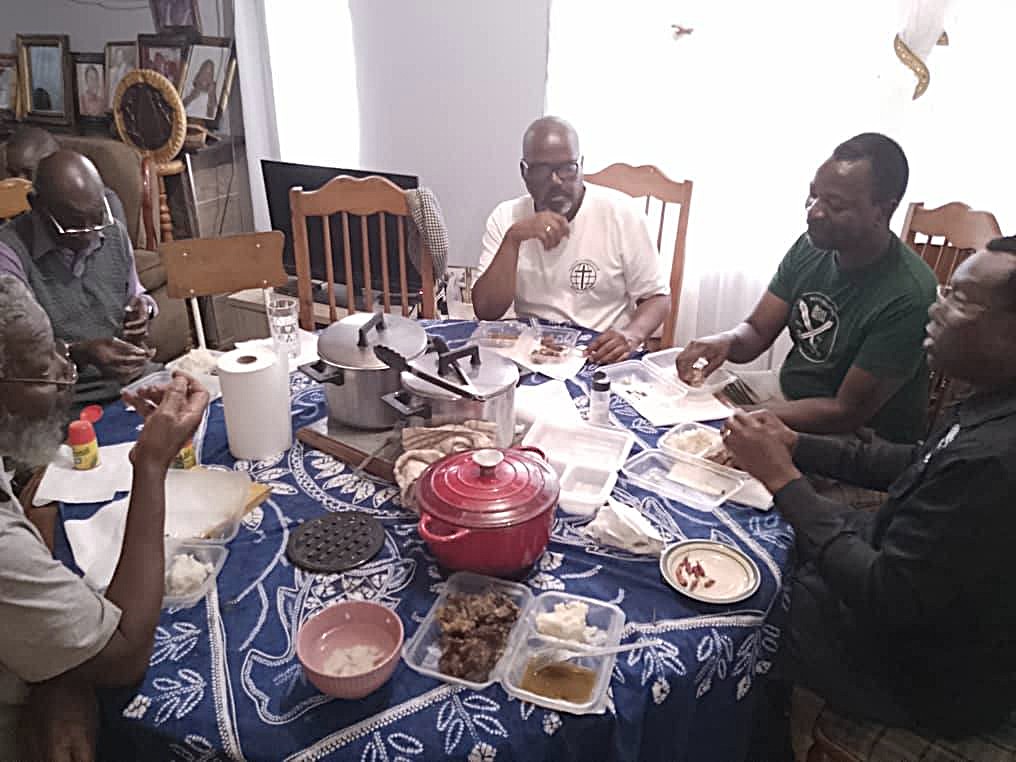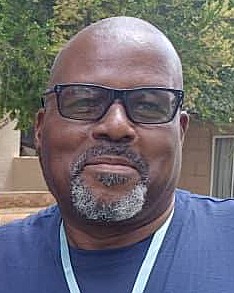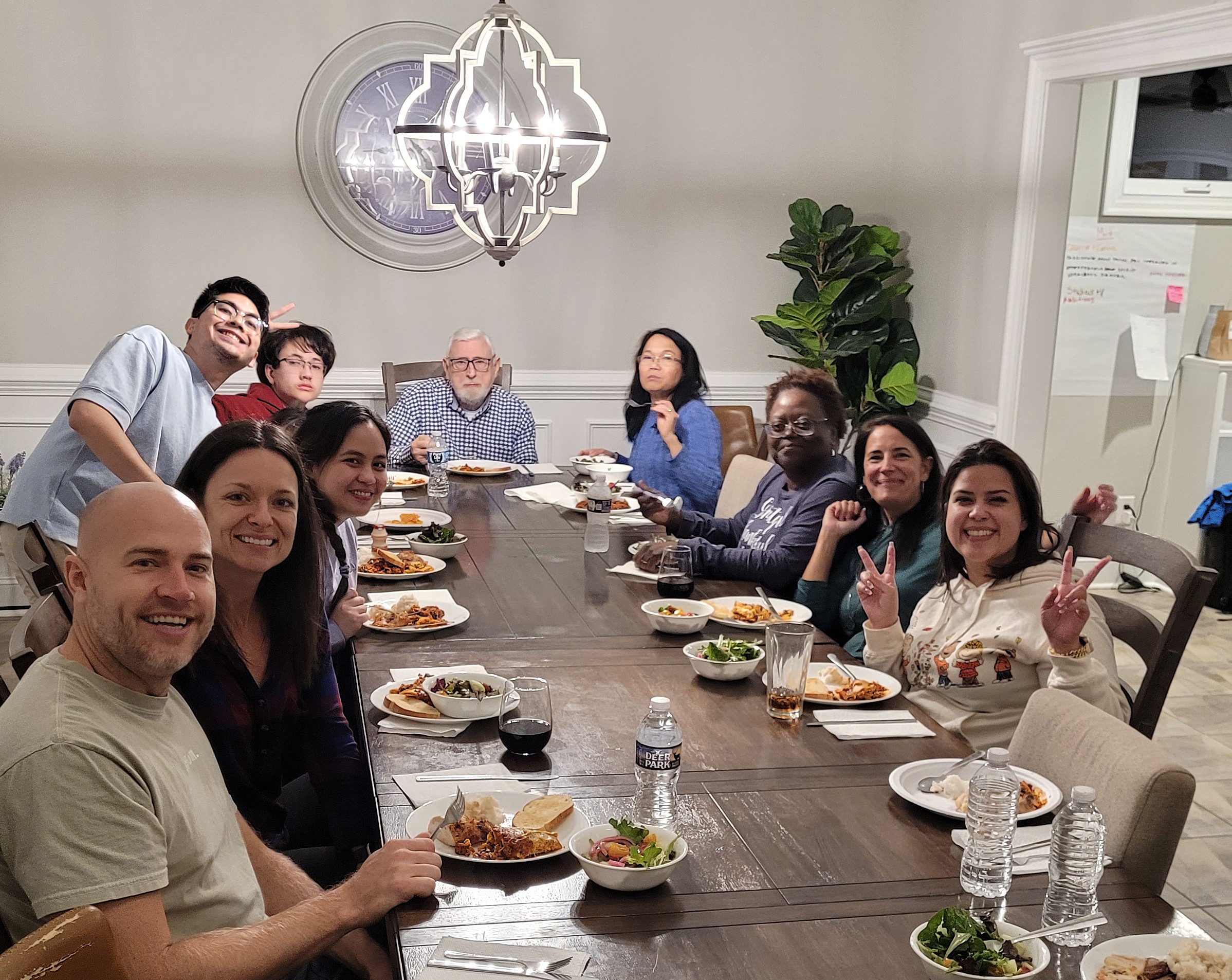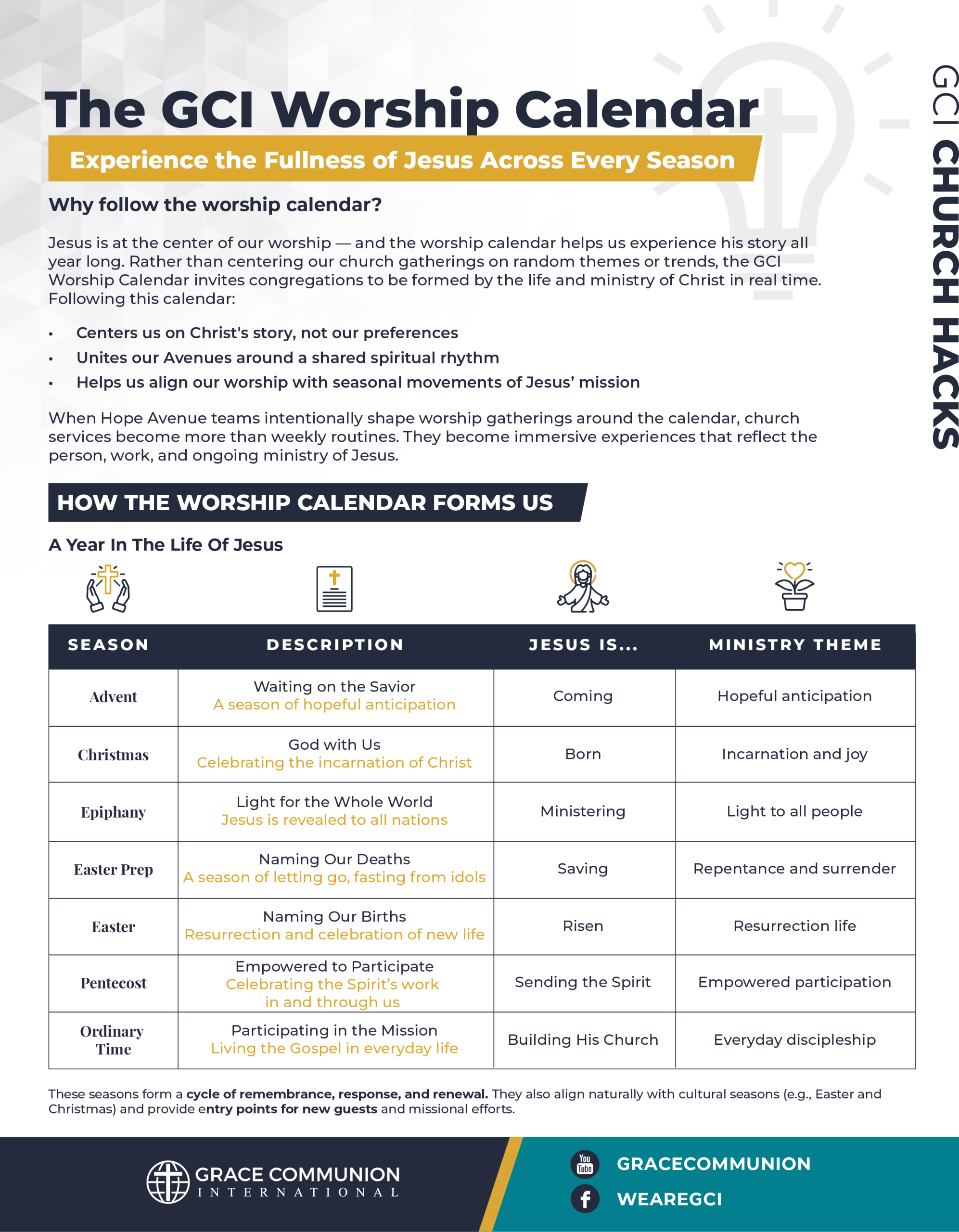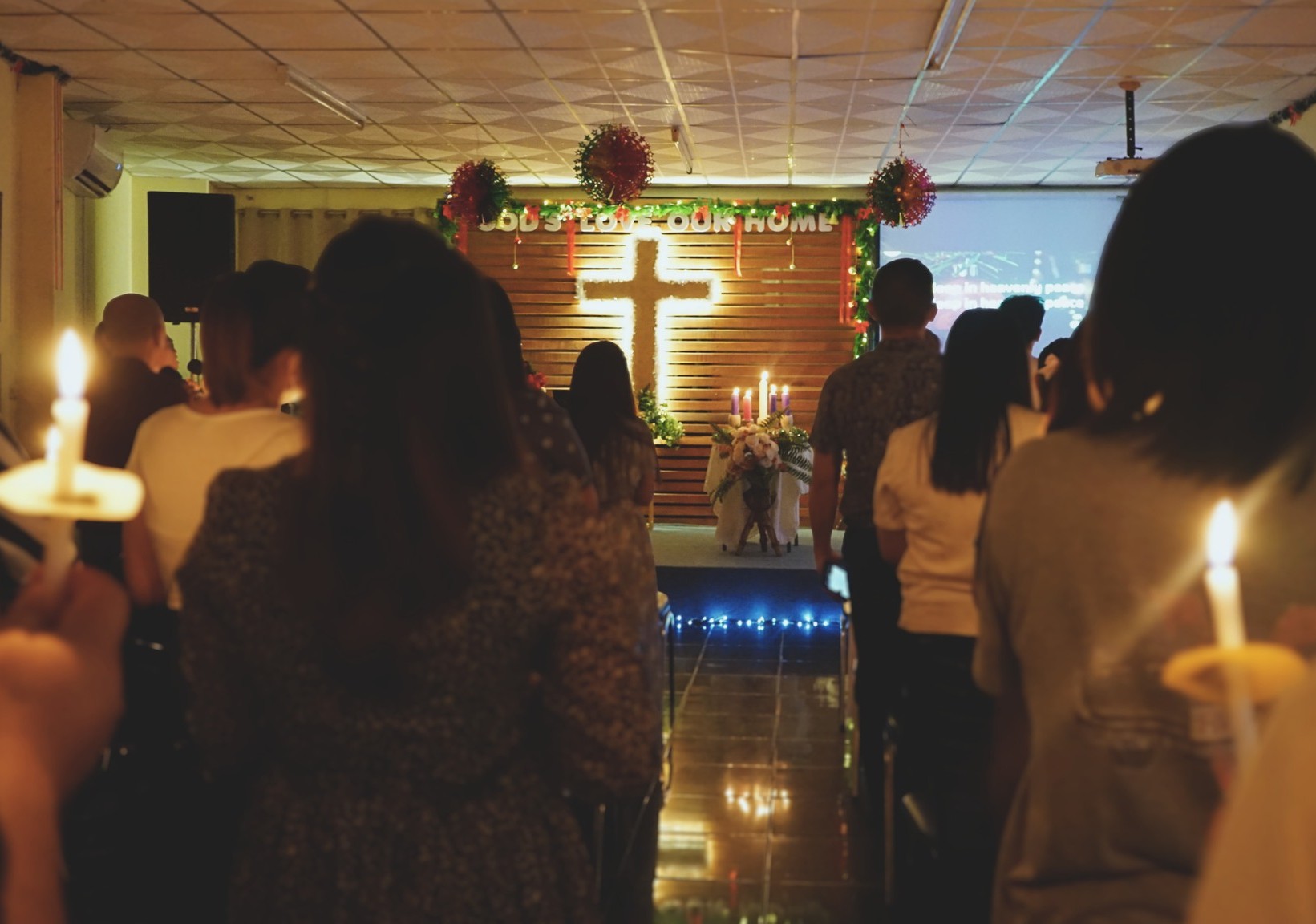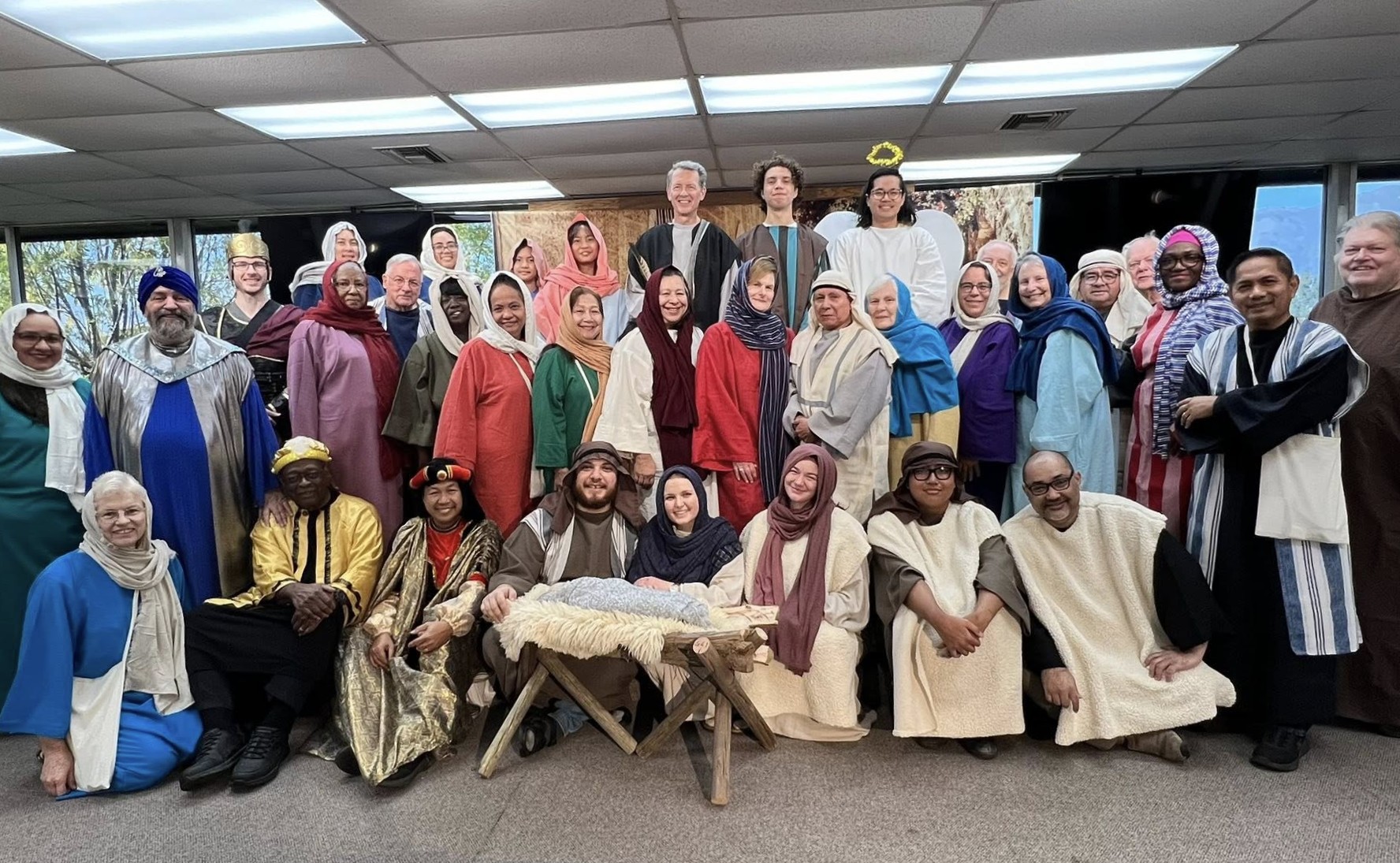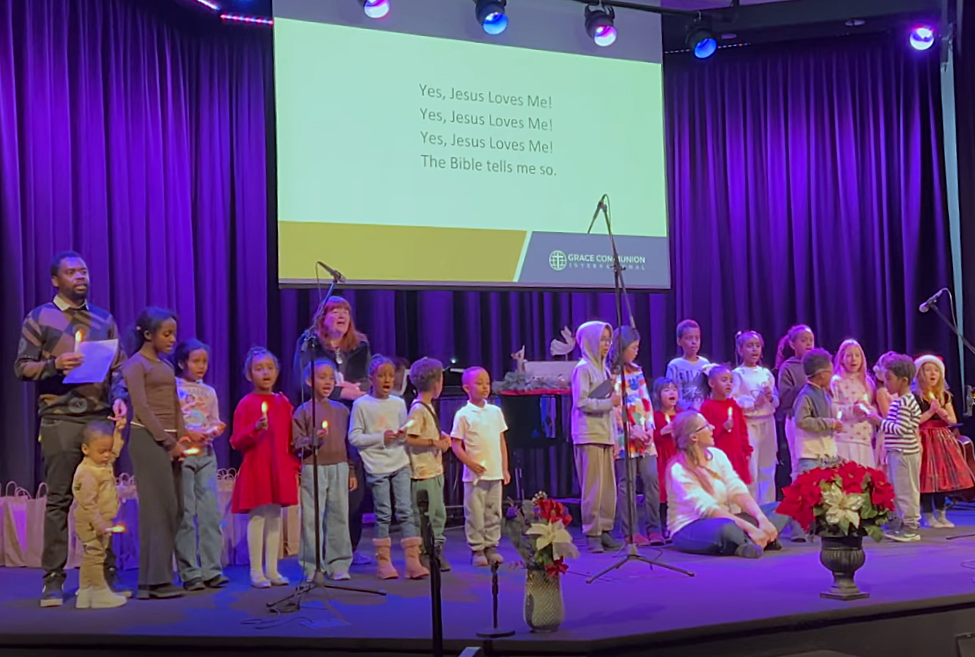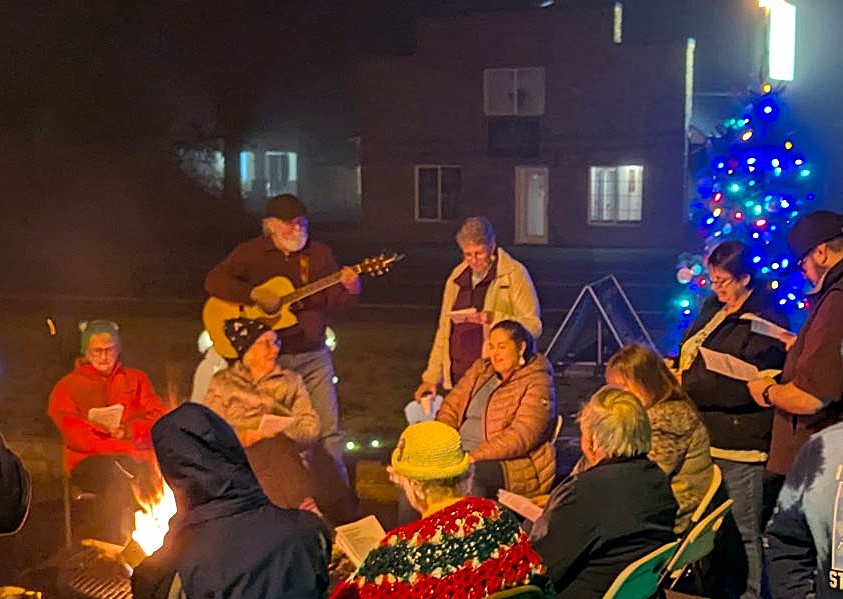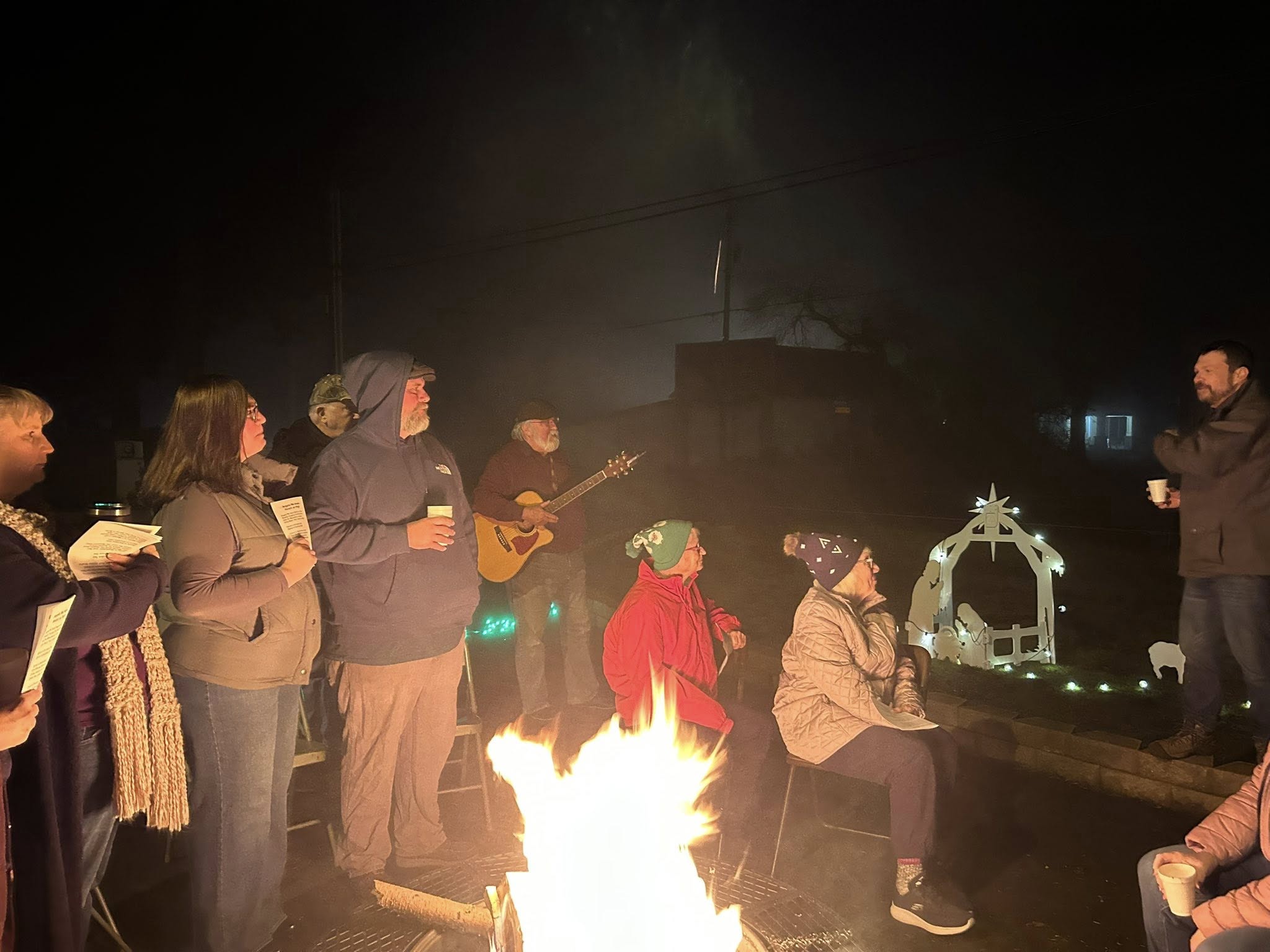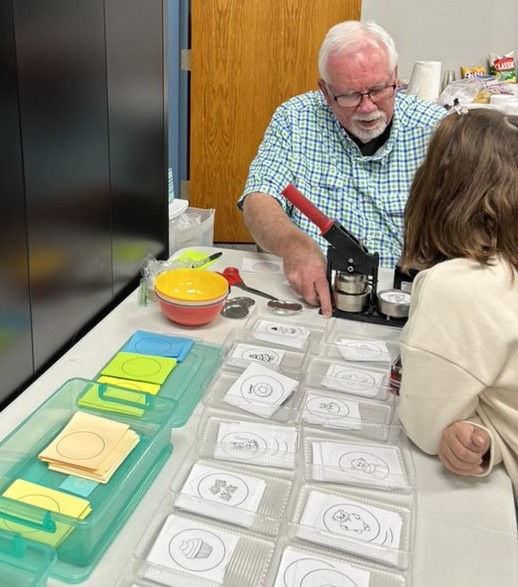Relationships are a value of Kingdom Culture. We prioritize our relationship with God and with one another. This takes intentionality, especially in our fast-paced society.
Retreats, even if it’s for a day, force us to slow down and make space for relationships. Retreats are an opportunity to unplug from our devices and listen to God with others.
Below you can read how three congregations made space for face-to-face relationships
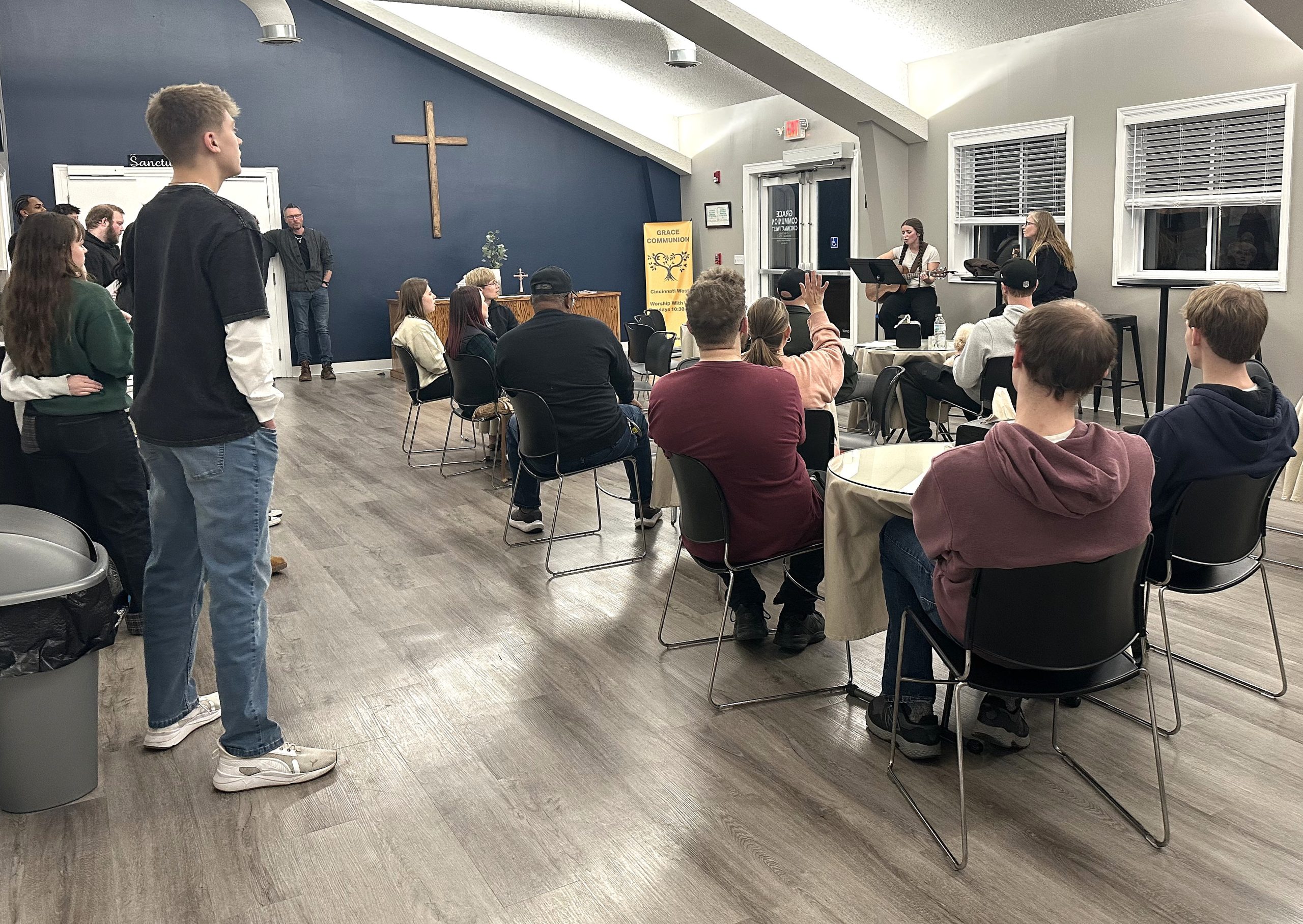
Cincinnati, Ohio, US
With joy we share that GC Cincinnati hosted an annual young adult weekend January 16–19. Partnering with Heartland Christian Association, we invited young adults (18+) to come for a weekend of deeper discipleship, worship, and fellowship. Thirty-five young adults came from Ohio, Michigan, Illinois, Wisconsin, Iowa, and South Dakota.
They were engaged in several sessions focusing on disciple making, Bible study basics, and testimony. We were blessed by the powerful testimonies shared and greatly inspired as we witnessed participants hunger for deeper journeys with the Lord. Romans 12:1-2 provided our primary focus as we discover the only true transformation in Jesus.
As if that was not abundant enough, we enjoyed the addition of great games, laughter, and fantastic food. We praise God for his faithfulness to each of us and to these young adults who are seeking to live lives submitted to him.
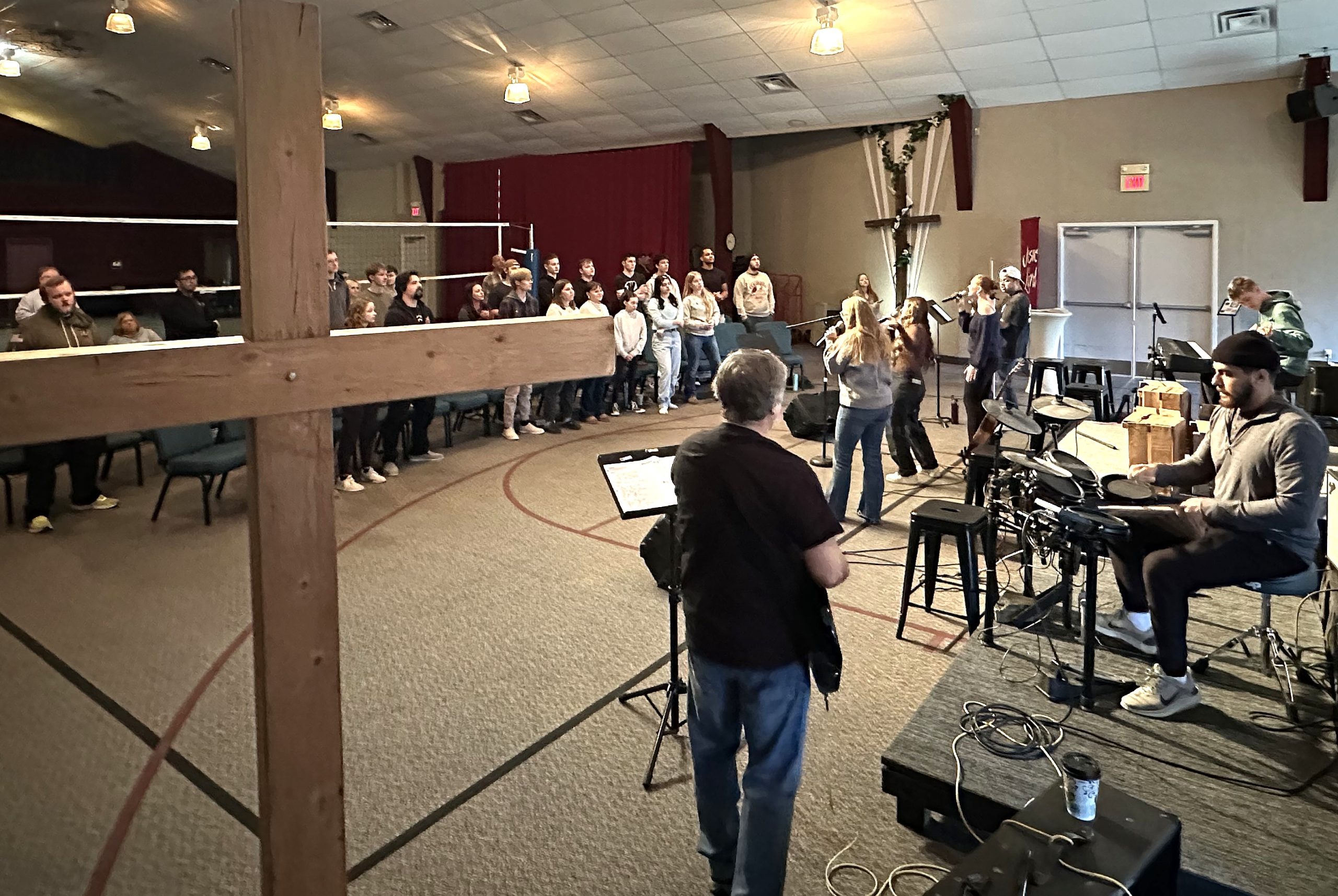
If you are a young adult or know a young adult who would like to come next year, mark your calendars. We plan to host this young adult weekend again January 15–18, 2027 (MLK Weekend). Please contact Pastor Julie Frantz if you have any questions: julie.frantz@gci.org
 By Megan Molina, Hope Avenue Champion
By Megan Molina, Hope Avenue Champion
Glendora, California, US
Kenockee, Michigan, US
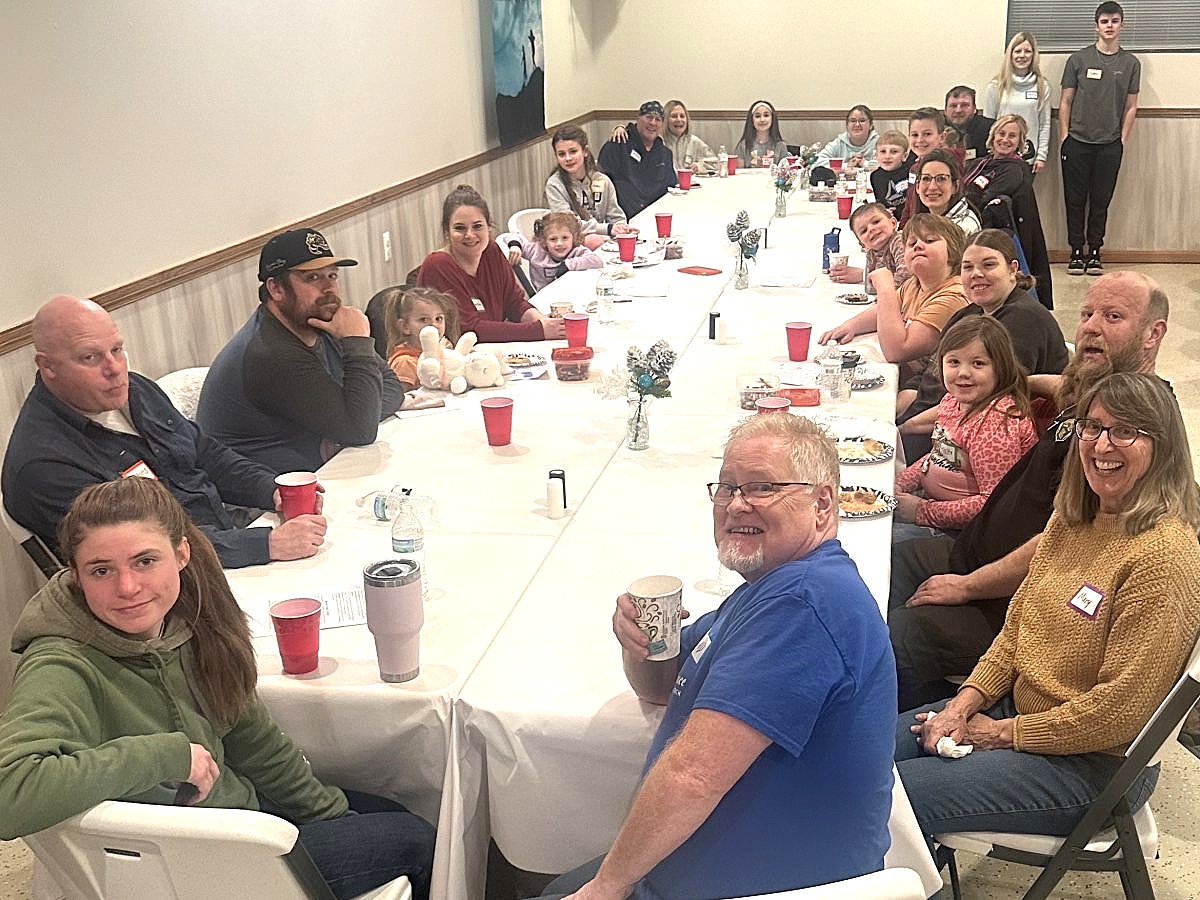
In January, the families of our church gathered for a special evening of fellowship and learning during our Children’s Church Family Dinner. The goal of the event was simple yet deeply meaningful. We wanted to bring parents, children, and children’s church workers together for connection and conversation. Together we reflected on ways our children can grow in faith within the life of the church.
We shared a delicious pasta bar dinner, generously put on by Angela Ashbrook, our children’s church coordinator. The meal set a welcoming, relaxed tone for the evening. New families are finding themselves woven into the life of our congregation. They are discovering new friendships and connections that we believe will go beyond Sunday mornings.
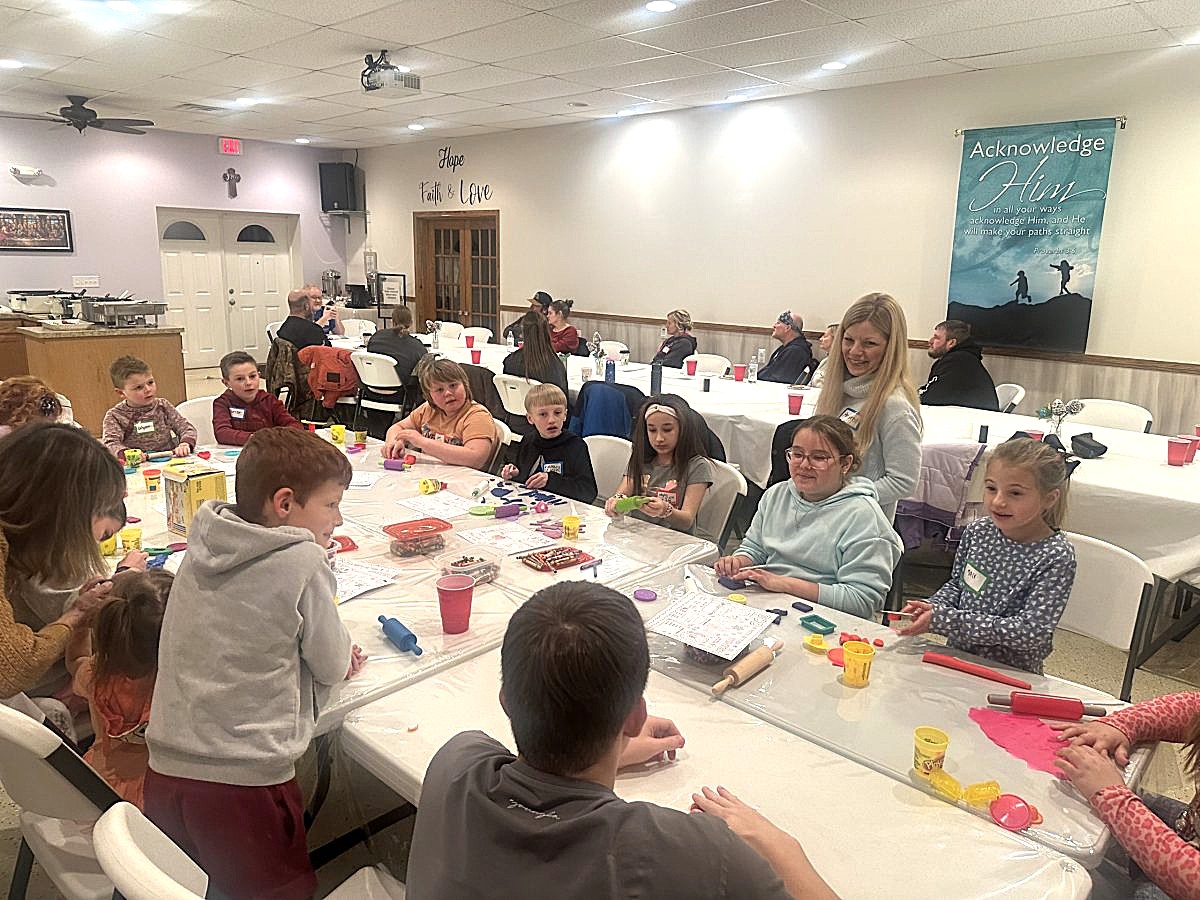
After dinner, the children enjoyed craft activities while I spoke to the adults. It was an engaging discussion on baptism and communion. We focused on how parents can help their children understand and participate in these foundational expressions of faith. We also provided easy-to-read materials. The materials are designed to help families continue these conversations at home in simple and meaningful ways.
Some of the c hildren, as well as adults, expressed interest in baptism and taking communion. We are expecting more in the coming days.
hildren, as well as adults, expressed interest in baptism and taking communion. We are expecting more in the coming days.
By David Borum, Pastor
Kenockee, Michigan, US
Bangladesh
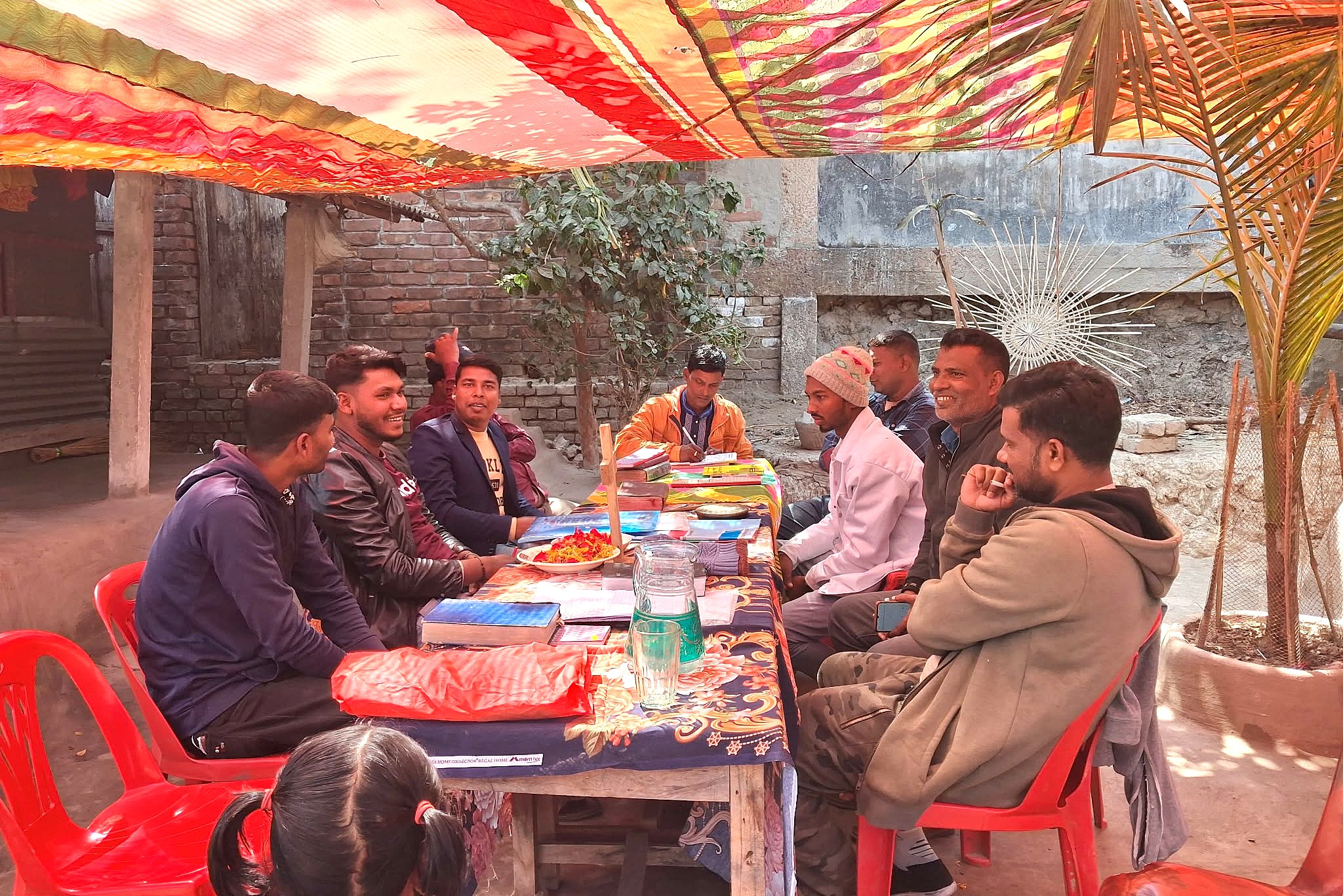
The leaders and pastors of GCI-Bangladesh recently made it a priority to spend time fellowshipping, praying, and seeking discernment. While together, they planned for 2026.
 By Amiyo Bacher, Facilitator
By Amiyo Bacher, Facilitator
Satkhira, Khulna, Bangladesh













